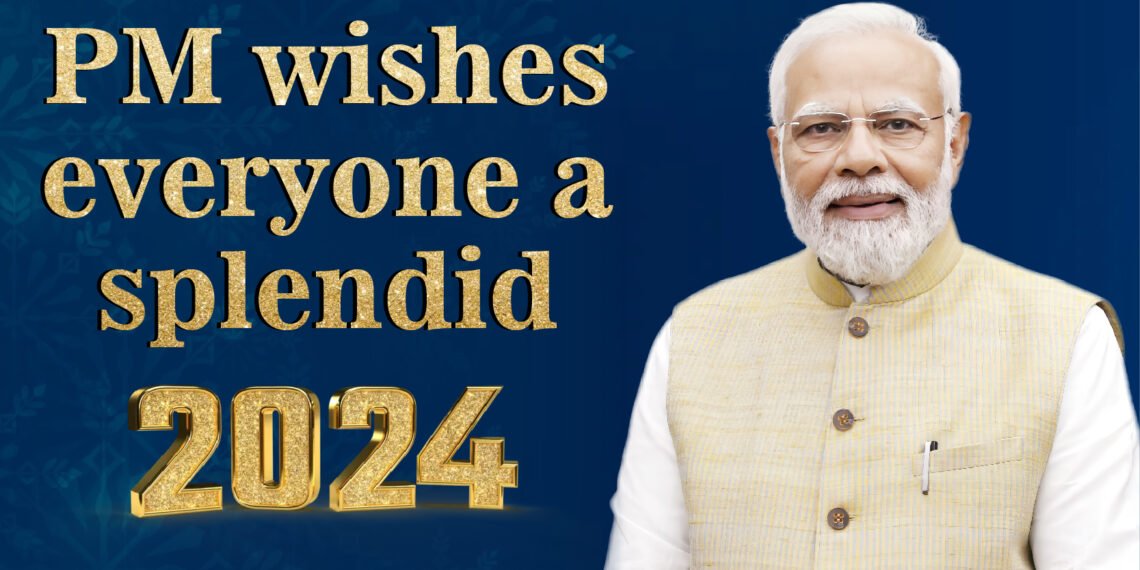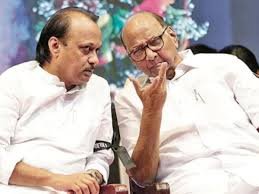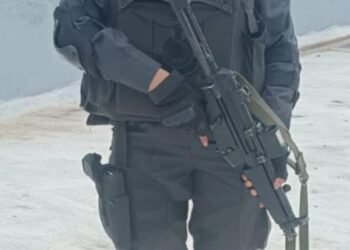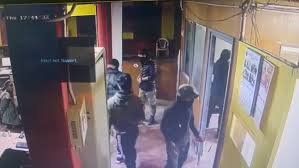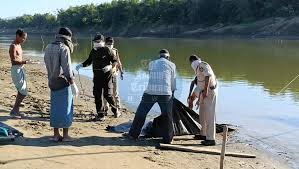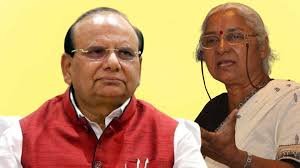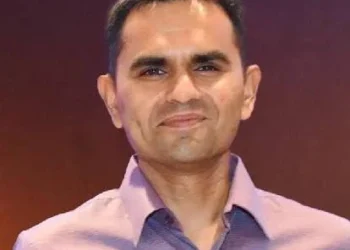Power Corridor Bureau
New Delhi
Prime Minister Narendra Modi attended the ‘Rashtriya Ekta Diwas’ parade in Kevadia, Gujarat, on Thursday to commemorate Sardar Vallabhbhai Patel’s birth anniversary. While celebrating the legacy of India’s ‘Iron Man,’ Modi also extended Diwali greetings to the nation, merging themes of unity and festivity during his visit to his home state.
“This day marks the beginning of two years of celebrating Sardar Patel’s 150th birth anniversary in honor of his critical role in forging a united India,” said the Prime Minister. He emphasized that government initiatives will continue to reflect Patel’s spirit of unity. “After independence, some doubted whether India could stay unified. Yet, Sardar Patel integrated hundreds of princely states through realism, integrity, and a humanitarian vision,” he stated.
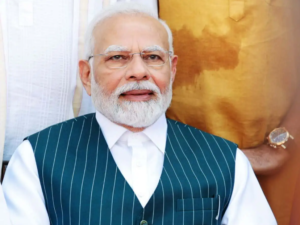
Modi underscored his government’s commitment to national unity, highlighting significant steps taken to promote cohesion, such as implementing a “one nation, one tax” system and revoking Jammu and Kashmir’s special status with the abrogation of Article 370. “Previous governments’ policies weakened unity across the country,” he said. “Our approach over the last decade has focused on Sabka Saath, Sabka Vikas, ending discrimination and fostering trust in development programs.”
The Prime Minister cited Aadhaar as a globally recognized symbol of “one nation, one identity” and noted similar initiatives under his administration, such as the Goods and Services Tax (GST) for “one nation, one tax” and Ayushman Bharat for “one nation, one health insurance.” Looking ahead, he indicated plans for “one nation, one election” to strengthen democracy and a move toward a Uniform Civil Code. “Our dedication to secularism,” he said, “is reflected in these steps, aimed at fostering social unity.”
Also Read: Govt won’t compromise on even an inch of India’s border: PM Modi
Modi reflected on the fulfillment of a longstanding goal: “one nation, one Constitution.” “For 70 years, Baba Saheb Ambedkar’s Constitution was not fully implemented across India. Those who speak of the Constitution often betray it,” he remarked, pointing to Article 370 as a wall that divided the country.
“Today, for the first time, the Chief Minister of Jammu and Kashmir has taken the oath on the Indian Constitution, voting has occurred without discrimination, and Article 370 is history. This is our tribute to the makers of the Constitution, whose souls must find peace in this unity.”
The Prime Minister led the Unity Pledge and enjoyed cultural performances during the celebration, emphasizing Diwali’s global resonance: “Diwali connects India with the world, celebrated universally. I extend my warmest Deepawali wishes to all Indians and friends of India worldwide.”
Using the platform to reiterate his administration’s dedication to “good governance,” Modi contrasted his administration’s policies with past governments, saying their “discriminatory approach weakened unity.” He reaffirmed the administration’s commitment to initiatives like “Sabka Saath, Sabka Vikas” to ensure inclusivity and foster progress across communities.
Modi concluded by connecting the legacy of Patel to ongoing efforts for unity in contemporary India, stating that the government’s work continues to uphold Patel’s vision of a cohesive nation.



